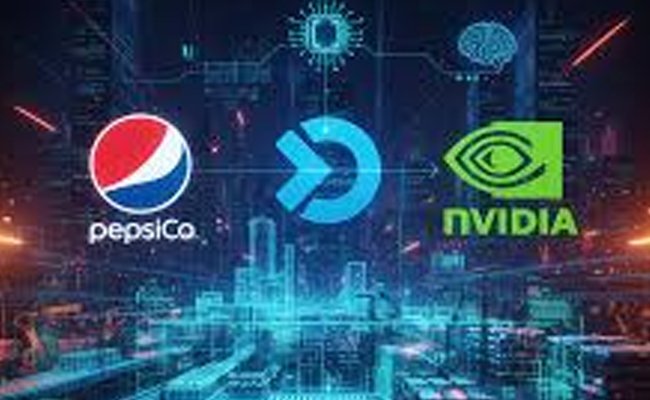Vinod Kumar Gupta, ciso and dpo, Paytm Money
The enterprise technology ecosystem is set to experience transformative shifts, driven by innovations in AI, edge computing, quantum advancements, and hyper automation. Businesses are embracing these technologies not just for efficiency, but to redefine customer engagement, operational intelligence, and security strategies.
Key Technology Drivers in 2025
AI and Generative AI will become central to decision-making, automation, and personalized customer interactions. From chatbots to intelligent analytics, AI will drive real-time insights and smart process automation.
Edge Computing and IoT will enable real-time data collection and processing at the source—crucial for sectors like manufacturing, retail, and healthcare. This ensures faster response times and localized intelligence.
Quantum Computing, though in its early stages, will begin tackling complex challenges in logistics optimization, drug discovery, and cryptography, paving the way for a new class of computational power.
Hyper Automation will integrate RPA, AI, ML, and low-code platforms to automate entire business workflows, boosting productivity and reducing dependency on manual tasks.
The Evolving Role of CIOs and Tech Leaders
CIOs are no longer just managing IT infrastructure—they are now strategic enablers. Their responsibilities include:
◆ Leading digital transformation initiatives that are agile, scalable, and aligned with business outcomes.
◆ Using data and AI to create new revenue streams and operational efficiencies.
◆ Collaborating with the C-suite to enhance customer experience (CX), while ensuring systems are robust and resilient.
In parallel, CTOs, CISOs, and DPOs are evolving:
◆ CTOs are driving innovation and scalable technology architectures.
◆ CISOs are moving beyond cybersecurity to embed cyber resilience as a core business growth factor.
◆ DPOs are ensuring privacy-by-design amidst global data regulations like GDPR and India’s DPDP Act.
Cybersecurity: Building a Security-First Culture
To protect this digital-first landscape:
◆ Continuous Training on cybersecurity best practices is crucial.
◆ Zero Trust Architecture (ZTA) must be implemented, ensuring “never trust, always verify” policies.
◆ AI-powered threat detection and automated compliance tools will help proactively manage risks.
◆ Behavioral tracking and secure-by-default platforms will drive enterprise-wide compliance and accountability.
In 2025, cross-functional collaboration between CIOs, CTOs, CISOs, and DPOs will be key to sustainable digital transformation.






